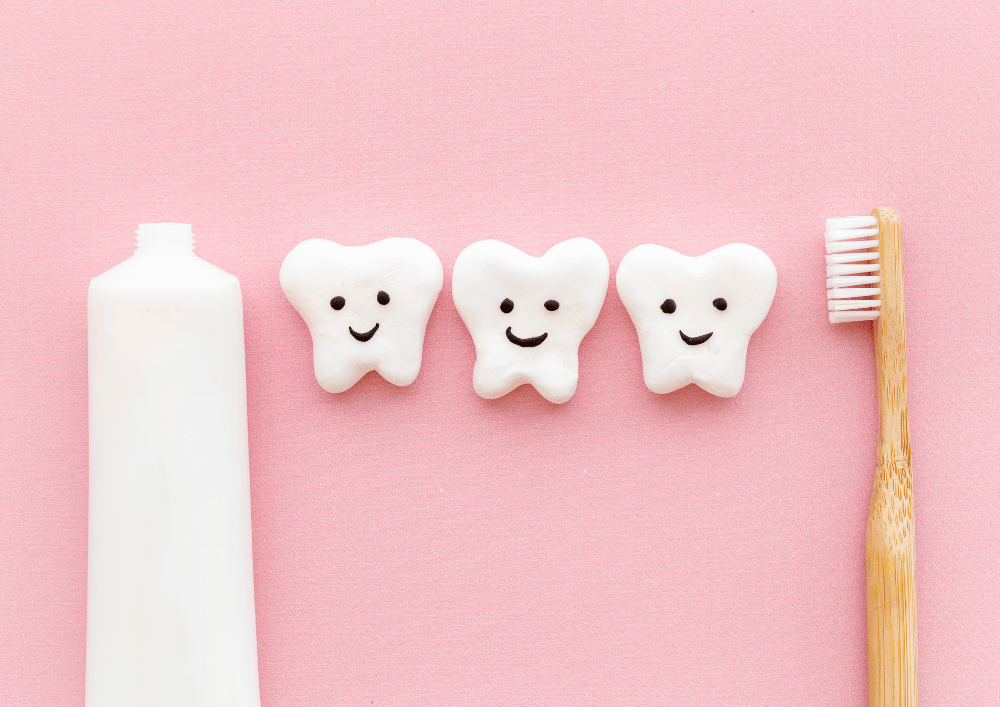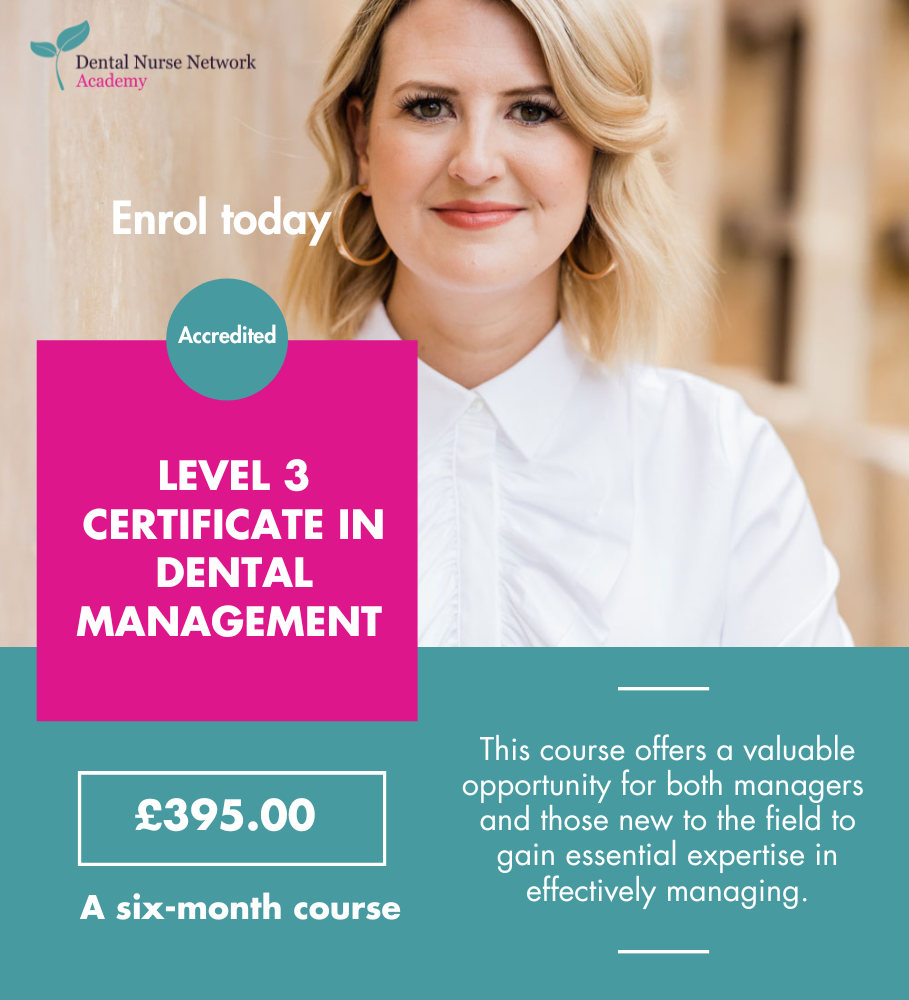 Oral health education is a vital aspect of promoting overall health and well-being. As an oral health educator, you have the power to inspire positive changes in individuals and communities alike. But what opportunities are available in this rewarding field? Whether you're just starting your journey or looking to expand your impact, here are five key pathways to consider.
Oral health education is a vital aspect of promoting overall health and well-being. As an oral health educator, you have the power to inspire positive changes in individuals and communities alike. But what opportunities are available in this rewarding field? Whether you're just starting your journey or looking to expand your impact, here are five key pathways to consider.
1. In Practice
- One of the most direct ways to utilise your skills as an oral health educator is within your dental practice.
- Engage Patients: Provide one-to-one oral health education during patient appointments, helping individuals understand and improve their oral care routines.
- Oral Health Clinics: Many oral health educators have set up oral health clinics and found this to be very popular with patients as an added service the practice can provide.
- Run Workshops: Host group workshops tailored to specific demographics, such as children or parents, to promote preventative care in an engaging way. This is also an excellent way to retain patients who feel that get added value with a practice. It encourages patient loyalty if they know a practice is supporting the education of their children. We recommend these be a free service for patients that the practice provides.
- Create Educational Content: Design and develop in-practice materials, such as posters, brochures, or interactive resources, to reinforce key oral health messages. Use free design tools like Canva to put your creative skills to good use.
2. Online
The digital world opens up endless opportunities to reach a wider audience with your oral health messages.
- Use Social Media: Use platforms like Instagram, Facebook, or TikTok to share engaging posts, videos, and tips that promote good oral health practices.
- Write Blogs or Articles: Create educational content for websites, dental blogs, or practice newsletters to provide valuable resources for patients and the general public.
Sharing your knowledge online allows you to inspire and educate beyond the walls of your workplace, making oral health education accessible to more people.
3. Community
Taking oral health education into the community is a fantastic way to make a meaningful impact on diverse populations.
- Work with Schools: Collaborate with nurseries and schools to teach children the importance of brushing, flossing and healthy eating for their oral health.
- Engage with Healthcare Settings: Share your knowledge with care homes or other healthcare environments to ensure vulnerable populations receive the guidance they need. Previous students have discussed how patients have benefited grately and they have seen measureable improvement in patients oral health habits.
- Support Charities: Partner with organisations like homeless shelters or Dentaid’s BrightBites to provide oral health education to underserved communities.
- Support Parents and Primary Carers: There is a big need for oral health support for parents and other carers, helping them create positive oral health habits for their children. You could host workshops, attend parent-and-baby groups, or create resources to empower parents with knowledge about preventing cavities, choosing the right toothbrushes for children, and making oral care part of the daily routine.
By working in the community, you can promote preventative care and empower people to take charge of their oral health.
4. Become a Tutor
If you’re passionate about teaching others, consider becoming a tutor.
- Train Dental Professionals: Pursue further qualifications that allow you to train dental nurses and other professionals in oral health education.
- Design Learning Programs: Help shape the future of oral health education by developing courses or training programs.
- Assess Student Work: Play an important role in mentoring and evaluating the next generation of oral health educators.
Teaching offers a fulfilling career path where you can amplify your knowledge by passing it on to others.
5. Study Hygiene
For those looking to develop further, pursuing a career in dental hygiene is a natural progression for oral health educators.
- A Popular Path: Many oral health educators choose to advance their careers by becoming dental hygienists, combining education with hands-on patient care.
Bridging the Skills Gap
One of the most common challenges people face is thinking they can't do something, rather than identifying and addressing the skills they need to succeed. If you’re interested in exploring opportunities like writing blogs or managing social media but feel unprepared, it’s not a dead end – it’s an opportunity to learn and grow.
Take a skills gap analysis approach. Start by asking yourself:
What skills do I already have?
What skills do I need to achieve my goals?
For example, if you have excellent oral health education knowledge but lack confidence in writing blogs or creating social media content, consider taking a course or seeking free resources to develop those skills. By addressing the gaps, you’ll be better equipped to use your oral health knowledge in new and exciting ways, expanding your impact and opening up fresh opportunities.
Why Oral Health Education Matters
Oral health educators play a crucial role in shaping healthier communities. By working in practice, online, in the community, or as a tutor, you can make a lasting impact. Whether you choose to grow within your current role or explore a new path like studying dental hygiene, there are countless ways to expand your career while promoting better oral health for all.

